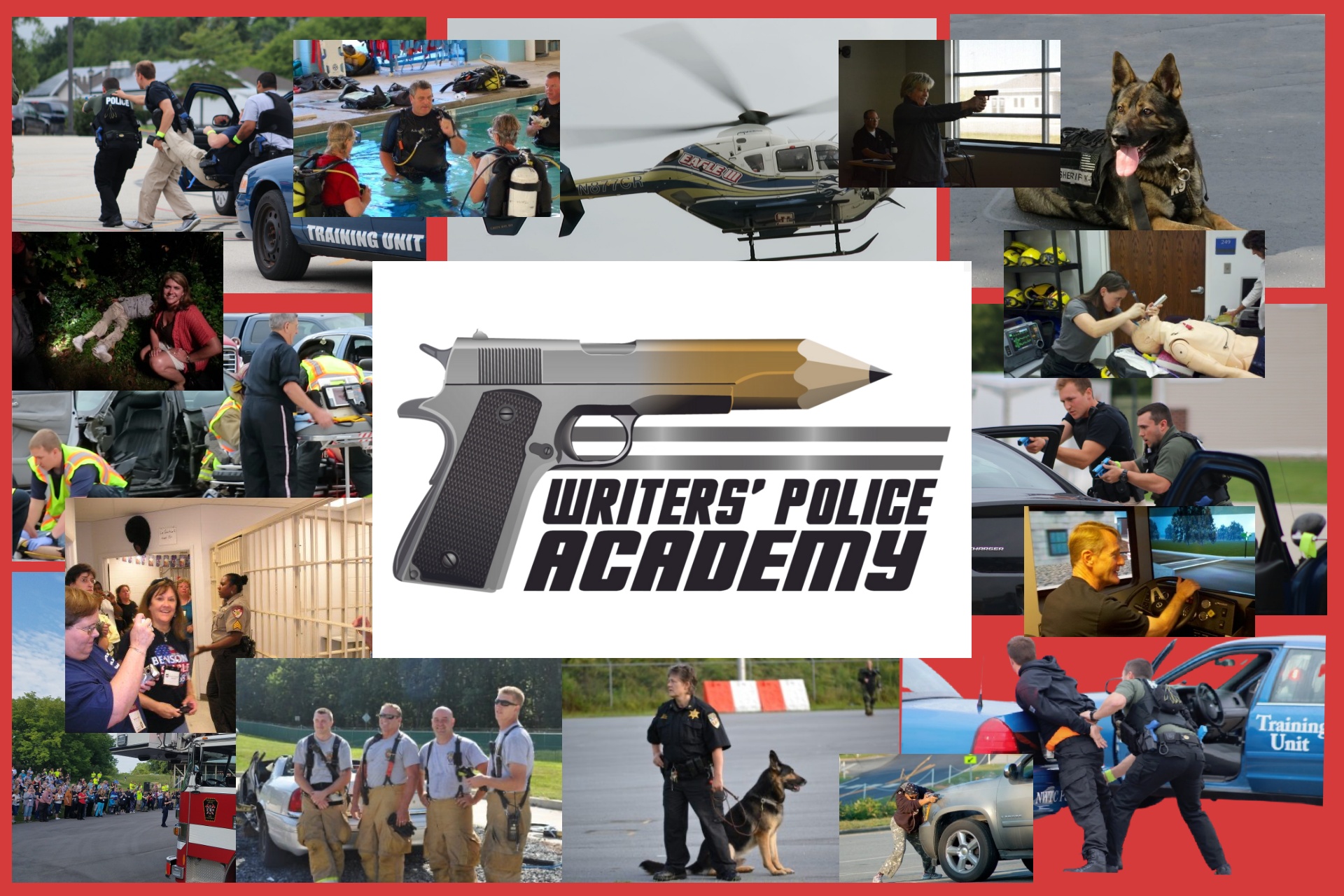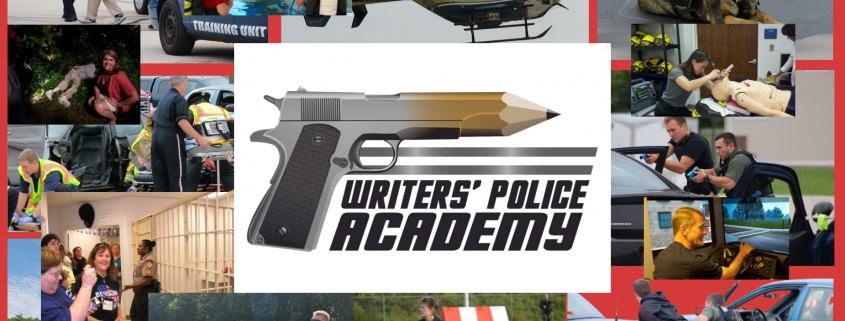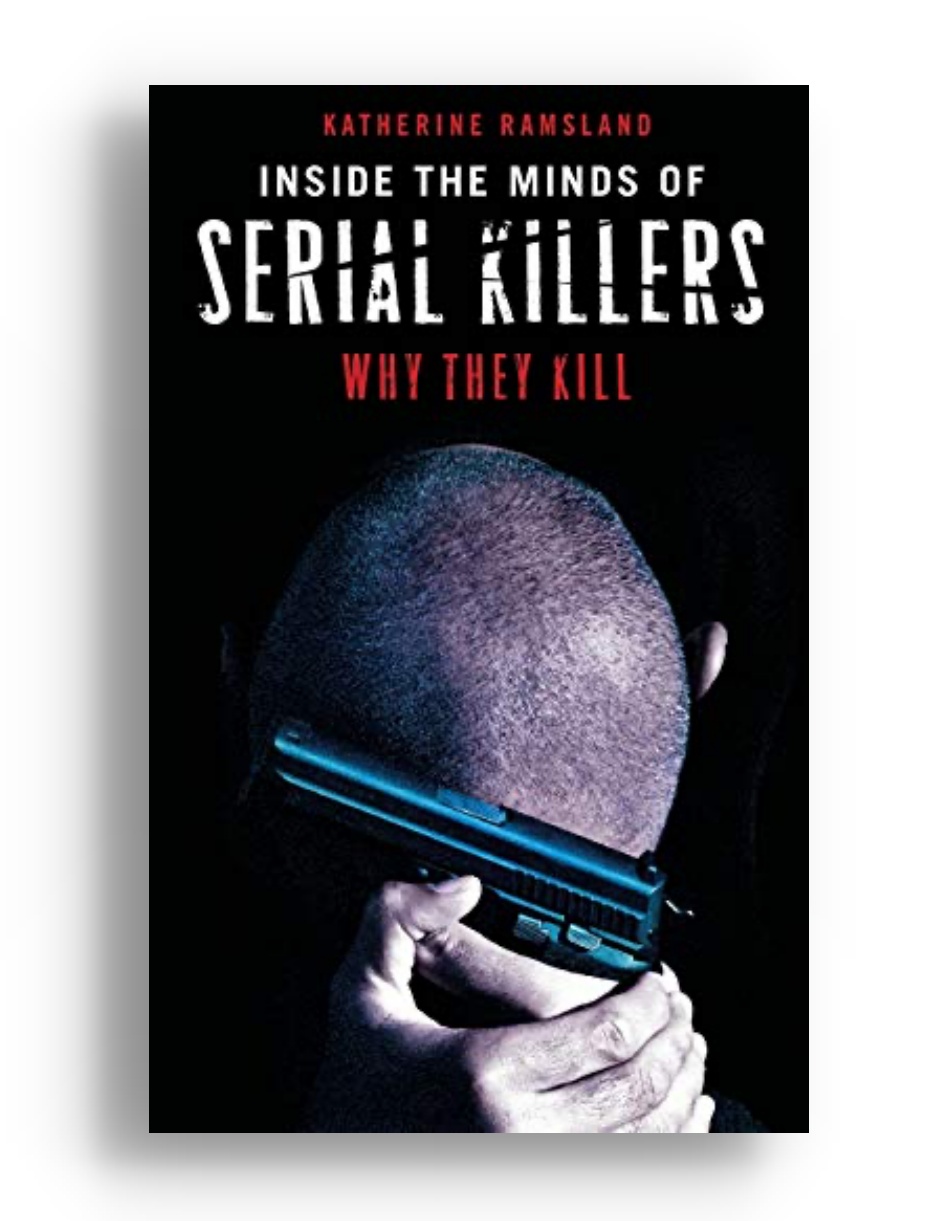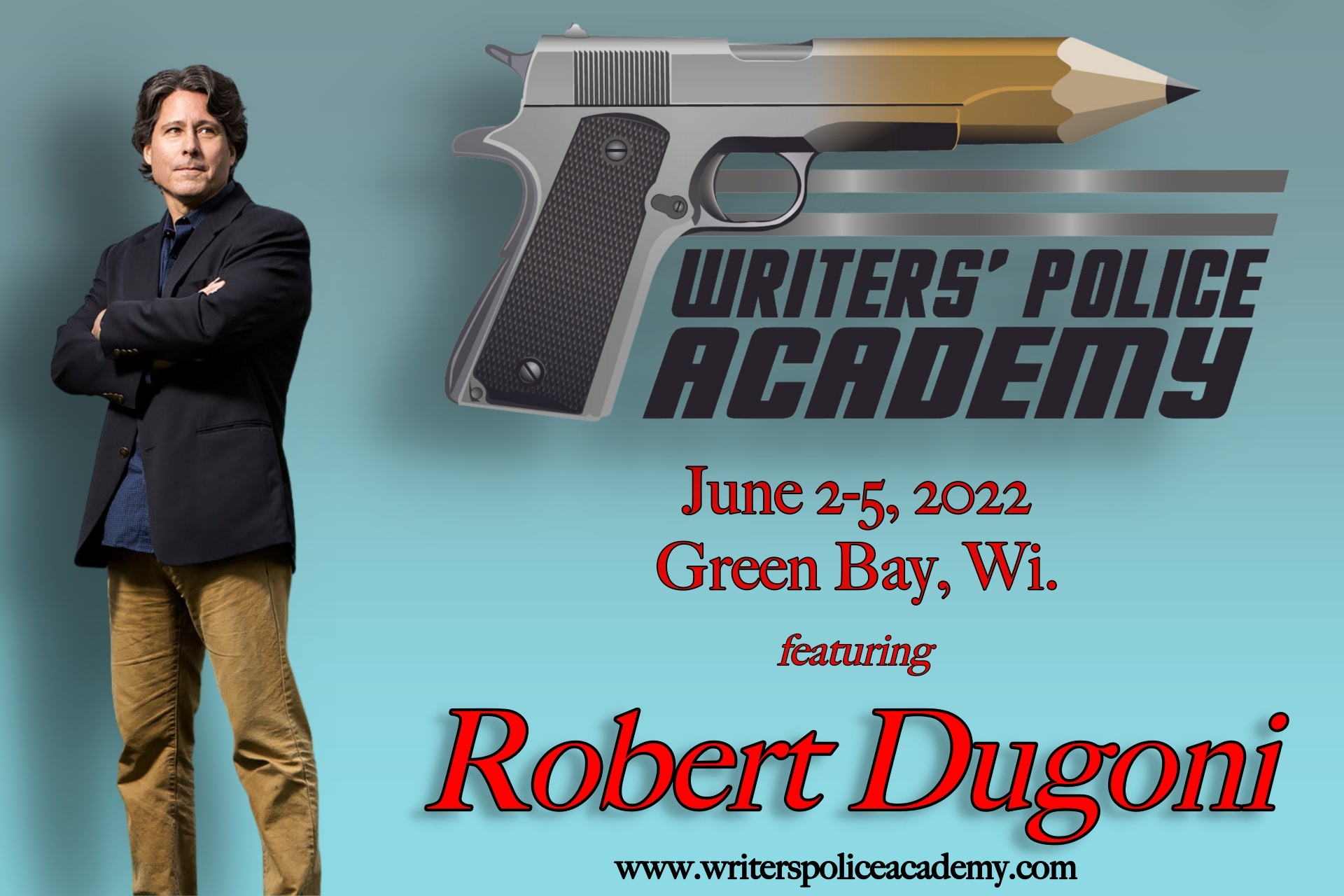A well-written book engages a reader’s emotions, as well as each of their five senses—touch, sight, hearing, smell, and taste. To do so, writers must call upon their own experiences to breathe life into their characters, setting, and actions.
Crime writers, the folks who take their fans into shootouts, car crashes, explosions, police pursuits, fights, courtroom trials, homicide investigations and crime scenes, and other situations that are highly atypical for the average person, face the reality of not having the background and know-how to draw upon as a resource.
Therefore, because they have no personal experience, writers of crime fiction have only a small handful of “so-so” available options to help with crafting those scenes. And, typically, their research tools are limited to relying on the word of another, read about it, or watch a video.
The results of this type of research often comes across on the page as being “flat,” as if something important is missing. For example, characters lack the knowledge of living cops and robbers, making them not quite up to par with their multi-layered real-life counterparts. Scenes are unbelievable and lack the depth that comes with having “been there, done that.” Dialog suffers because the author doesn’t quite understand the lingo and how and when to use it, other than hearing a television character speak.
The list of potential pitfalls is far too long for the writers who’ve never been involved in a shootout with an armed robber, or investigated a string of murders committed by a serial killer, applied handcuffs to the wrists of a criminal suspect, booked a subject into jail, driven a patrol car on an emergency vehicle training course, been in a deadly force situation where they had to decide whether to shoot someone, or not, fired a gun, tossed a flash-bang into an armed suspect’s home before “going in,” or ripped apart a vehicle using special power equipment.
Each of the above actions invoke the senses of anyone who’s present when they occur. If you’re not a law enforcement officer or other first responder whose job regularly requires involvement in those activities, it’s simply not possible to properly and accurately write those types of scenes in a manner that activates each of the senses.
How could a writer possibly describe the scent of gunpowder if they’ve not smelled it in person. Sure, they could read about it and then use someone else’s words in their work. But if that person’s description was inaccurate, then the story of the writer who used the secondhand information will also suffer the wrath of readers who know better.
A great example is the writer who describes detecting the scent of gunpowder in this way. “The detective knew the murder occurred recently because the odor of cordite lingered in the air.”
We’ve all read this description time and time again, right? The author who writes this, I’m sad to say, doesn’t have a clue what they’re talking about because cordite hasn’t been used in ammunition since its production ceased in England at the end of World War II, nearly 80-years ago.
No one will smell cordite at a crime scene or anywhere else unless, of course, the 100-year-old shooter used ammo he had leftover from his service during the Battle of Nuremberg in February of 1945.
So what’s a writers to do to solve this dilemma, you ask? Easy, no-brainer answer—attend the 2022 Writers’ Police Academy.
Attending the hands-on sessions at the Writers’ Police Academy is the best and ONLY means you have to experience those things in real-life, in real time, short of signing up to work as a law enforcement officer. There is no substitute for this one of a kind event, anywhere on our planet.
Here’s a preview of some of the 2022 exciting hands-on training sessions and classes taught by top experts.
Arrest and Booking – This session is the real deal. Once you arrive at the jail with a criminal suspect, you’ll take the subject out of the squad car, through the booking process, and finally to a cell, an unforgettable moment that’s punctuated by the sound of a steel door clanging shut behind them. This session includes use of the academy onsite booking area and actual holding cells.
Court Process – Taught by a sitting Wisconsin judge, this course covers the legal implications of bad decisions, from an initial appearance to motions hearings and ultimately a trial. Experience what it’s like to testify in court, recalling incidents, responding to legal questions, and more. Learn how your testimony affects and influences a jury.
Emergency Vehicle Operations (EVOC) – Hop in one of our patrol cars and buckle up, because during this exciting session you’ll maneuver the police vehicle through our Emergency Vehicle Operator Course on 26 acres of a closed training facility.
Firearms – Attendees delve into the types of weapons that officers use in their everyday duties. Learn the fundamentals of a Glock pistol and AR15 rifle. Become familiar with sight picture, sight alignment, stance, grip, and trigger control. Fire force on force ammunition on the indoor pistol range.
Tribal Policing – The United States has 574 federally recognized tribes in 35 states. The course guides attendees through the unique aspects of policing on tribal land. Some of the WPA’s academy facilities are situated on Oneida tribal land.
Use of Force Virtual Reality simulator – A heart-pounding, eye-opening, and extremely realistic session where you must decide, within a fraction of a second, whether to use deadly force. Experience how quickly situations unfold for officers. Once the headset is on, you’re there, in the thick of the action and it’s up to you to make the split second decisions.
Vehicle Extraction – Attendees use the Jaws of Life and see how these unique tools can lift vehicles and cut through virtually anything.
Vehicle Contacts – Law enforcement officers stop more than 32 million people per year. Traffic stops involve lots of moving parts, thoughts, tactics, and crimes. They can be, and often are, one of the most dangerous aspects of police work. This session will take you beyond the basics. Be prepared for … well, anything!
Forced Entry/Room Clearing – You and your team are dispatched to a location (our full-scale forced entry structure) where potentially armed and dangerous suspects are hiding. Upon arrival, you and your partners must enter to clear the building.
Participants experience first-hand the heart-pounding, adrenaline rush of “what if.” What if someone is truly in the building? What if they don’t belong there, and what if they have a weapon? What if they’re a wanted person who’s threatened to kill all police officers who try to capture them? Where are they hiding?
*Explosive devices will be used during this session; therefore, participants will be required to wear protective gear during this thrilling hands-on exercise.
Body Cameras – We’ve all seen police seen body camera footage—some good and some not so good. These cameras have become a game changer for law enforcement and, in addition to merely recording in real time, have capabilities that are nothing short of amazing.
Defense and Arrest Tactics – Participants learn and perform techniques officers use to control behavior of cooperative and uncooperative suspects.
K-9 Operations – Everyone loves dogs, well, everyone except criminals! Spend some time with a K-9 officer and their K-9. Learn the ins and outs, from drug searches to tracking suspects. Bring your questions and cameras (please, no videos allowed) because these four-legged cops are anxious to show off, just for you! This session shows police dogs doing what they do best. Session may be outdoors, weather permitting.
Cops Doing Counterterrorism: Life In the Joint Terrorism Task Force – In the aftermath of the terrorist attacks on 9/11/2001, state and local government officials around the country were faced with a sobering reality: the job of preventing and responding to terrorism was not solely the responsibility of the federal government. Moreover, the work of the 9/11 Commission revealed the problems of depending on select agencies with classified investigations: sharing the previously un-shareable with local partners was a necessary part of the solution. But should John McClaine be entrusted with exceptionally sensitive national security information? Which Jack has the need and the right to know? Bauer? Ryan? Reacher? Black? Sparrow? Retired Acting Assistant Chief Alan Hardwick discusses his experience transitioning from parking tickets and domestic disturbances to briefing the nation’s leaders on secret operations, along with the impact on local investigators who never dreamed they’d be in the middle of a secret war not only for their country, but for their own lives.
Armed in America – Retired ATF Special Agent Rick McMahan discusses the legal commerce and the misuse of firearms. The presentation touches upon the historical events that have been impetus to the nation’s guns laws. We will dispel some of the errors and myths about firearm laws, including why the most repeated line on TV crime shows and in books is completely wrong— “The gun was registered to the suspect.” The presentation examines legal definitions of various types of firearms, criminal schemes, and motives (i.e. firearms trafficking and theft), criminal manufacture and distribution of firearms (such as “ghost guns”), as well as restricted types of weapons. In addition, the class will explore firearms evidence forensically and how firearms are investigative tools for law enforcement.
Guilty Until Proven Innocent – Has your main character been dropped into the middle of an old investigation and quickly discovers much is wrong? Has a crime been solved, the accused are convicted and the real bad guys walk free among us, with society none the wiser? Join former NYPD Detective Marco Conelli as he takes you through the course of a real investigation that instantly carved its place in the New York news as well as the law journals of America.
The Spingola Files: An Evening With Steven Spingola – A captivating session presented by author Steven Spingola, a nationally renowned death investigator who was heavily involved in the high-profile case of serial killer Jeffrey Dahmer. Known to his colleagues as “the sleuth with the proof,” Spingola is an investigator and on-air personality for Cold Justice, a popular Oxygen Channel true crime program.
Conversations With The B.T.K. Killer, Dennis Rader – This class, taught by Dr. Katherine Ramsland, focuses on the immersive process of interviewing a serial killer, the challenges of the prison system for such work, and the experience of co-producing the documentary. After hundreds of hours spent inside the mind of this serial killer, in the context of many other killers Dr. Ramsland studied, she offers multiple insights for crime and mystery writing.
Touch a Truck – A variety of public safety vehicles and equipment for attendees to view and explore. Officers and firefighters will be on hand to explain the functions of vehicles and tools used by first-responders. Q&A and demo. Indoor event.
Live, Action-Packed Scenario – this adrenaline-pumping, dramatic, and riveting event unfolds in realtime!
Writers’ Police Academy Registration Opens Tuesday,
February 1st at Noon EST
Guest of Honor – International Bestselling Author Robert Dugoni
~

The action is real. The instructors are real. The knowledge gained is phenomenal.
The Writers’ Police Academy experience is invaluable.
*Images above are from past Writers’ Police Academy events. Raise your hand if you see someone you know. I see Lisa Gardner, Karin Slaughter, Lee Child, Jeffery Deaver, and …








